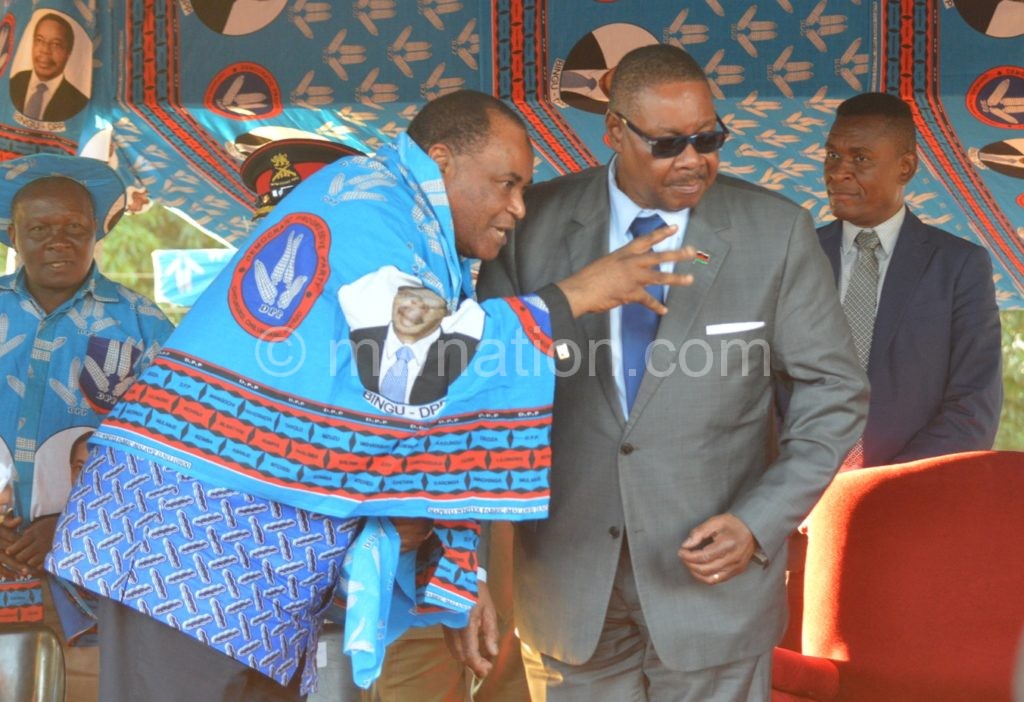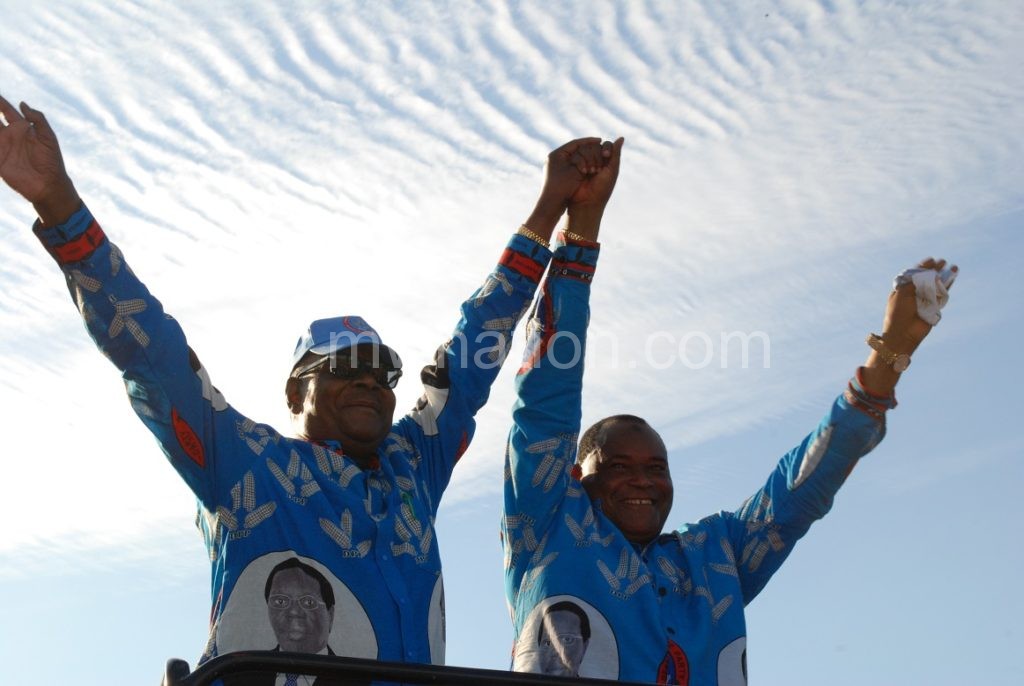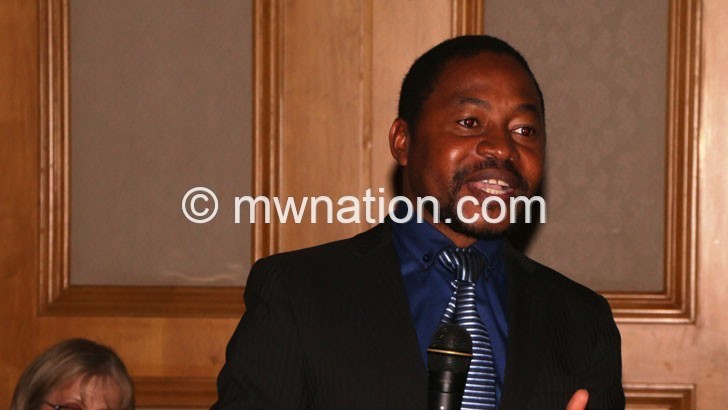USA bans APM aide
In what an analyst has described as a statement to authorities on fighting corruption, the United States of America (USA) has banned President Peter Mutharika’s aide, Uladi Mussa, and his spouse for his alleged “involvement in significant corruption”.
In a statement dated July 3 2019, the US Embassy in Lilongwe said Mussa’s designation was made under Section 7031(c) of the Department of State, Foreign Operations and Related Programs Act of 2019 which empowers the Secretary of State where there is “credible information that foreign officials have been involved in significant corruption or gross violations of human rights” to be ineligible for entry into USA. The ban extends to the officials’ immediate family members.

Reads the statement in part: “The law also requires the Secretary of State to publicly or privately designate such officials and their family members. In addition to the designation of Mr Mussa, the Secretary is also publicly designating his spouse, Cecilia Mussa.”
Mussa, whom Mutharika on June 19 appointed as his special adviser of parliamentary affairs and also serves as governing Democratic Progressive Party (DPP) vice-president for the Central Region, on Wednesday said he was surprised with the decision because the matter is not concluded in court.

He said: “The decision is totally wrong. Nobody is guilty until proven guilty by the court of law. I did my noble duty as a minister and as far as I am concerned, I am innocent.”
Mussa, who said he did not plan to travel to the USA anytime soon, is answering charges of aiding about 55 foreign nationals from Uganda, Burundi and Rwanda to illegally obtain Malawian passports and business permits when he served as minister of Home Affairs and Internal Security in the Cabinet of former president Joyce Banda in 2013.

In a separate interview on Wednesday, US Embassy public affairs officer Douglas Johnston justified the decision against Mussa when the case is not concluded in court, saying the US has acted “following credible information” that the presidential aide was involved in significant corruption while serving as Cabinet minister.
He brushed aside suggestions that Mussa was being targeted, saying the Department of State actively reviews cases and applies such authority globally.
Said Johnston: “Depending on the particular circumstances, some designations are done publicly while others are done privately.”
On what would happen if local courts clear Mussa of the charges, Johnston said the Department of State respects the sovereign law and justice system of Malawi.
In his reaction in an interview, governance analyst Henry Chingaipe said the development does not reflect well on the Malawi Government.
He said: “This is the first time this has happened to anyone in Malawi. It is an indication that we are not doing very well in the fight against corruption as a nation.
“This should also act as a message to the President to think seriously of the integrity of a person when making appointments because the position of presidential adviser is significant.”
But Chingaipe wondered why only Mussa has been blacklisted when many Malawians are directly involved in the case and other similar corruption cases.
To such observations, Johnston maintained that the US Secretary of State “obtained credible information” regarding Mussa’s involvement in the alleged corruption.
He said: “Generally speaking, corruption inflicts substantial costs upon the economy, society and security; can facilitate organised crime; and saps confidence in rule of law and governance. This [corruption] directly impacts US national security, economic and foreign policy interests, and, we believe, those of partner nations.”
Both presidential spokesperson Mgeme Kalilani and government spokesperson Mark Botomani, who is Minister of Information and Communications Technology, declined to comment on the matter, saying they were yet to receive communication from the US Embassy in relation to the matter.
The Anti-Corruption Bureau (ACB) arrested Mussa in March 2017 on charges of negligence and abuse of office, but Mussa, who was then serving as interim leader of People’s Party (PP), said at the time that his arrest was politically-motivated.
He handed himself to the ACB after reports surfaced that the bureau wanted to arrest him in relation to the granting of citizenship and passports.
In recent years, Malawi has scored poorly on both local and international corruption perception surveys. Authorities have come under fire for a lukewarm approach to corruption.
However, the President is on record as having dismissed existence of corruption, branding the perception a creation of the media and some civil society activists. Under a US government-sponsored grant, Millennium Challenge Corporation (MCC) scorecard for 2018 showed that Malawi slipped on the control of corruption indicator from 87 percent five years ago to 59 percent.





